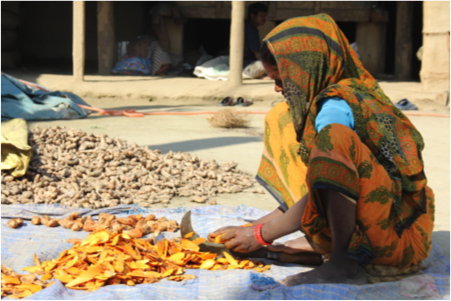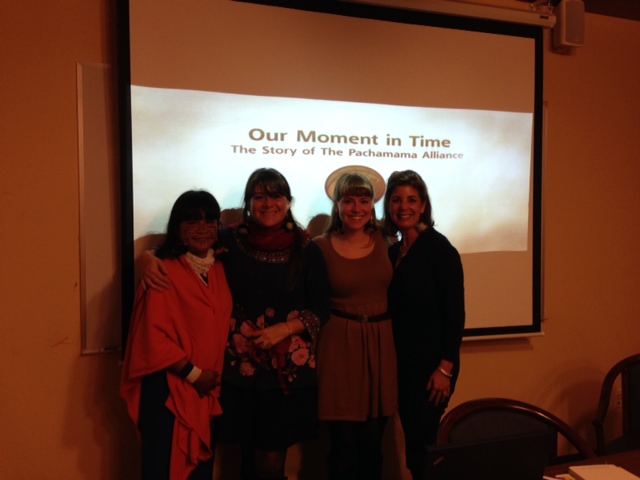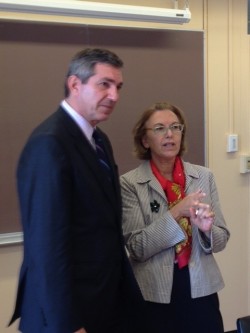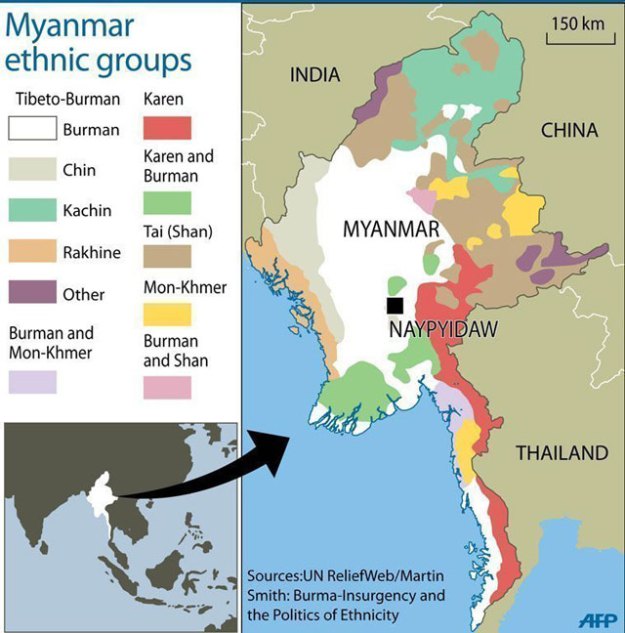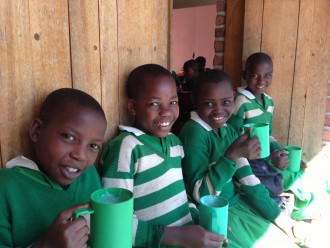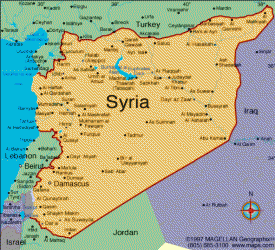
Universality When it Suits Us: Human Rights Priorities in The Netherlands
By Maria Hengeveld, graduate student in Human Rights at Columbia University
____________________________________________________________________________
About thirty years ago, at a point where Dutch colonialism had recently ended, the Netherlands felt it was time to rebrand itself as a true champion of human rights. And not just any champion. Envisioning itself as a world leader in human rights, it began to strongly push for universal human rights norms and international monitoring mechanisms. Thus, when the left-wing leader of the Radical Political Party, Bas de Gaay Fortman, expressed his belief in 1973 that the Netherlands was capable of taking on this pioneering role, many shared his vision and confidence. No more than two years later, this aspirational ideal had already turned into a self-perceived truth. In 1975, the same year in which the Netherlands granted independence to its colony Suriname, the Dutch Minister of Foreign Affairs, Max van der Stoel, boldly claimed that the Netherlands was the most active human rights defender worldwide. Four years later, universal...

